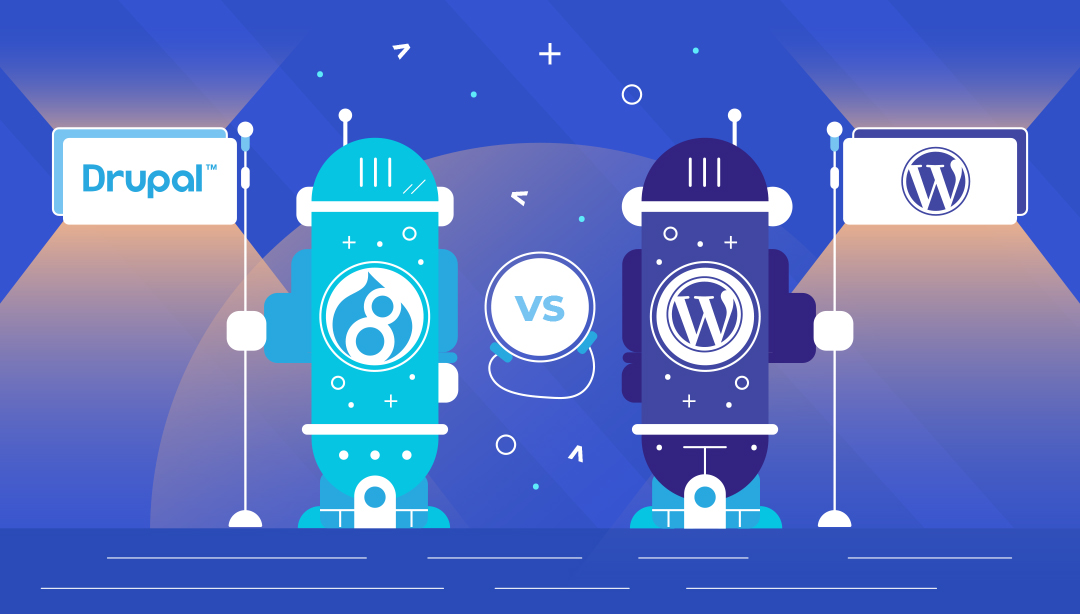
It is very friendly for people with no coding experience. WordPress is often known as the simplest way to build a website because of its rich theme ecosystem.
Drupal vs wordpress for libraries code#
With WordPress, you can build websites using templates (known as “themes”) or code them from the ground up with a combination of PHP, JavaScrit, CSS, and HTML. For websites that use a known, not custom-made CMS, WordPress powers 65% of them. WordPress is by far the most popular CMS in the world, powering 43% of all websites, including websites without CMS or some that use a custom-made CMS.
Drupal vs wordpress for libraries professional#
Today, you can build any website in WordPress: blogs, business and institutional websites, e-commerce shops, professional portfolios, membership sites, forums, and much more. Initially launched in 2003 as a blog-building tool, it has since expanded its capabilities. WordPress is a free and open-source content management system (CMS) used to build websites. What is WordPress, and how popular is it? Drupal is considered more natively flexible and scalable, focusing on interoperability. WordPress focuses on hosting and server-side management, and third-party plugin integration.


WordPress’ no-code website-building tools have a gentler learning curve, while Drupal relies more heavily on coding for anything other than basic-looking websites.Drupal is more geared towards developers, but it’s still possible to set up basic websites with no code. WordPress is much more user and beginner-friendly.This guide will explore these and many other questions related to these two CMS giants to help you make the most informed decision possible and set the foundation for a successful web development project. What do they offer? How do they work? What kinds of websites can you create with each? Which one is better for my needs in 2023? But which one should you use? The decision you make will have a significant impact on the timeline and other essential elements of your project, so you need to choose carefully. If you’ve spent time in web development or are exploring CMS options, you likely have heard about one or both of these platforms.


 0 kommentar(er)
0 kommentar(er)
